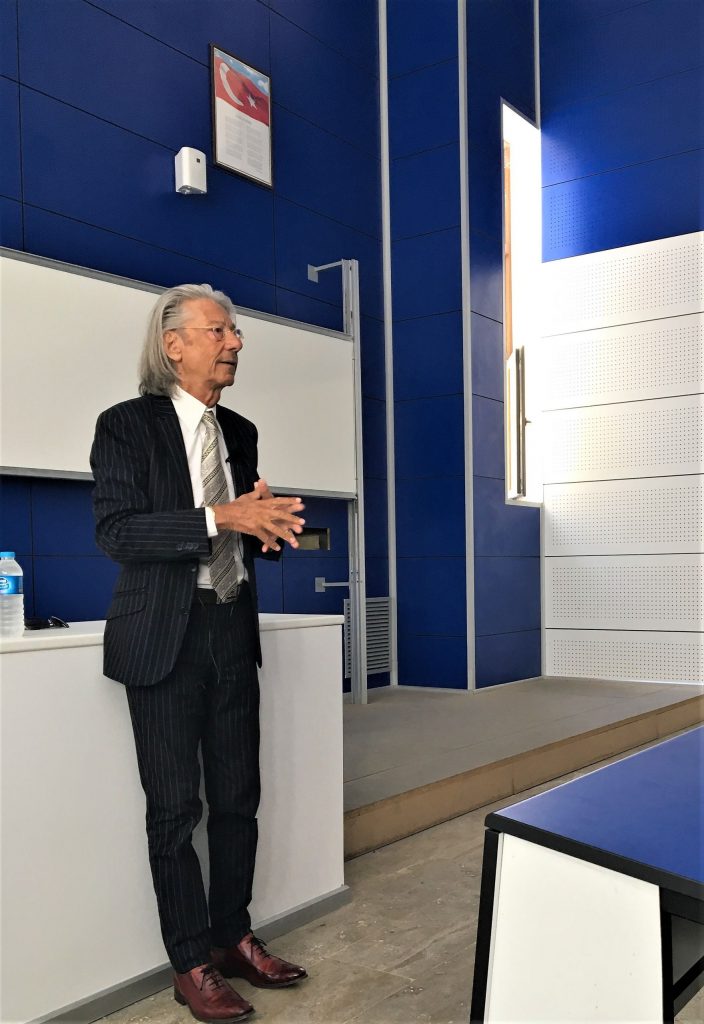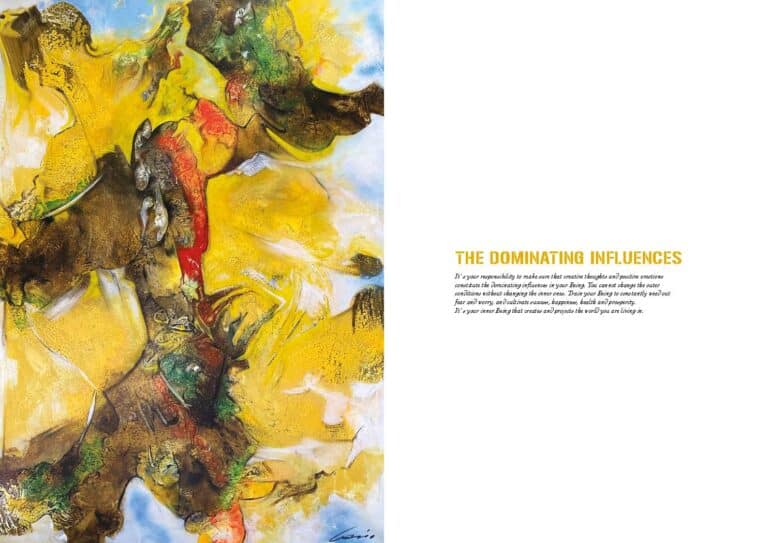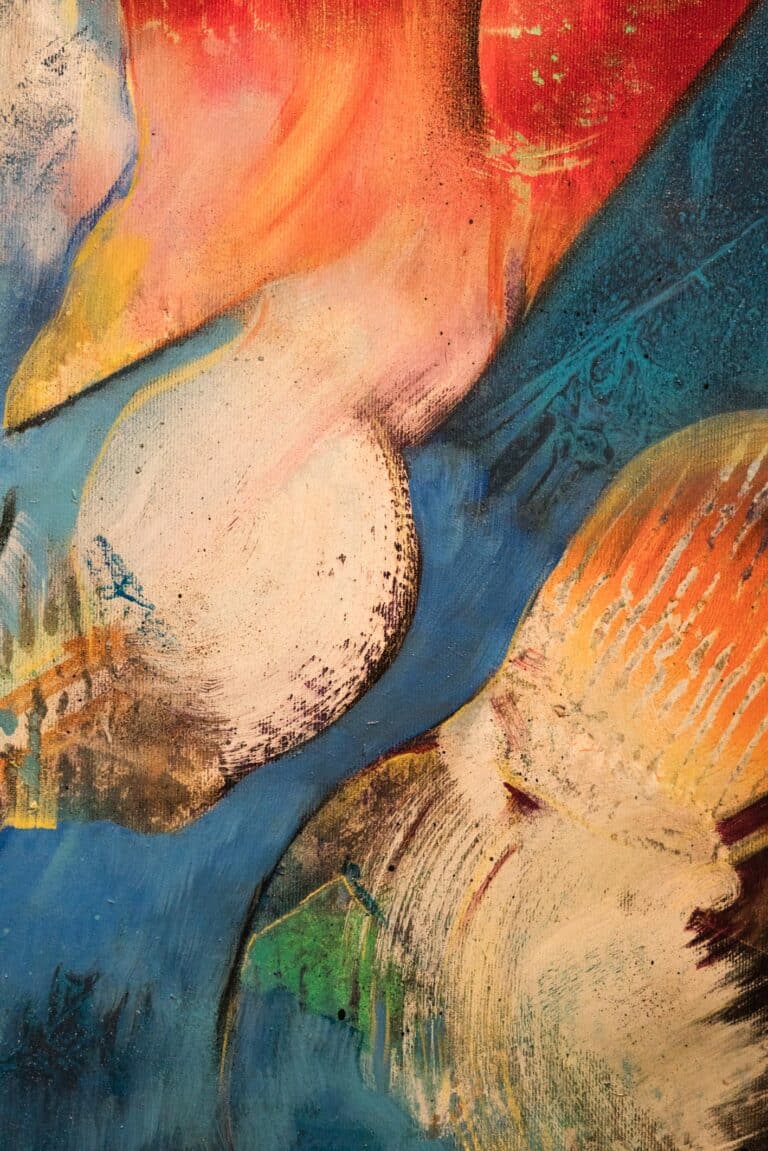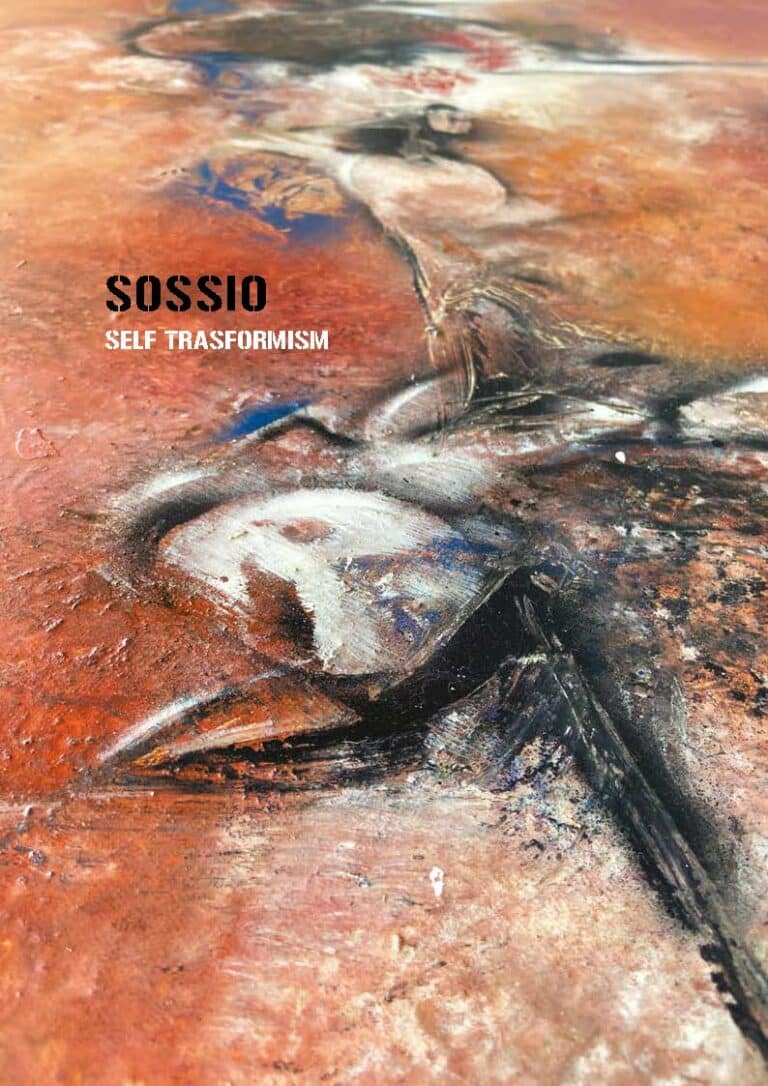Leadership is the art of Dreaming
There is an equation between leadership and “dream”
There is no need to be convinced about something new or to change our true beliefs, nor is it necessary to add new concepts and knowledge to the ones that we already have in order to go ahead along the path traced by our research and comprehend the equation between leadership and “dream”. On the contrary, we have to dig up, exhume and repair the attic of our existence…and listen to ourselves.
In order to do so, you must repel prejudices and put aside oxidised concepts, rejecting second hand ideas and useless emotions.
This operation requires abandoning and losing more than adding. It is necessary to diminish the conceptual and emotional accoutrements that increased day after day during life, since we were children; we have been homologated to the world of levity and enlisted in the sad army of the adults by means of that long and painful process called education.
This process can be more correctly defined as first education.
The first education starts from birth. For this first education man must thank his parents, other adults, educators, teachers and school. But during the development that turns him into an adult, sooner or later, he will conceive the brave and extraordinary envisage of his re-education. He realises that his education and the decision of what to keep and what to throw away of it has been foisted on him in early childhood and that this task is too important to be assigned to others and that the meaning of life is to take the responsibility and the task of stopping the world and looking at it with new eyes. Thus another life long and endless learning cycle begins. This cycle is called second education.
In order to start our research in this direction, which is totally unexplored, we needed to know that inside the human being, in the invisibility of existence, algebra works differently from the one of the material world, a type of algebra that is apparently paradoxical and according to which it is necessary to lose something in order to receive more.
This is the main characteristic of the second education, that no additional knowledge or concepts are required, no other devotion or new persuasion, but, on the contrary, their loss.





